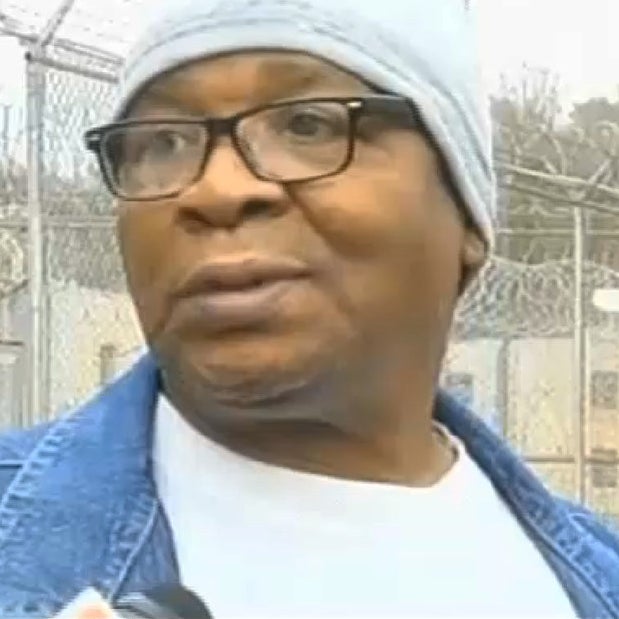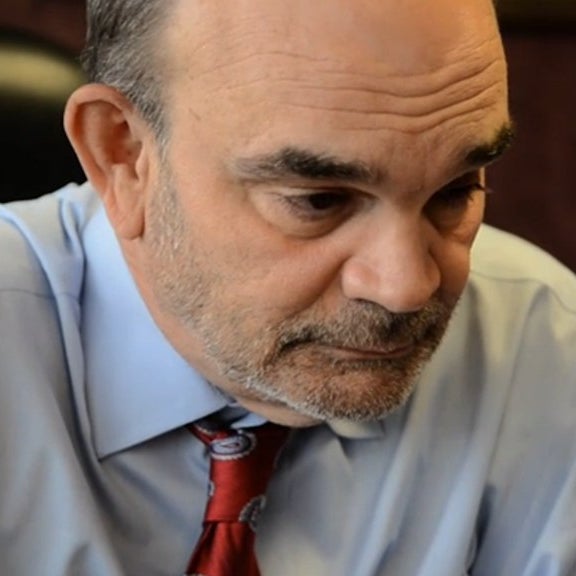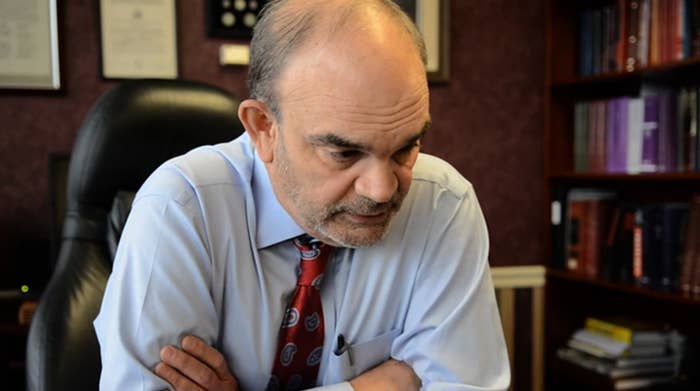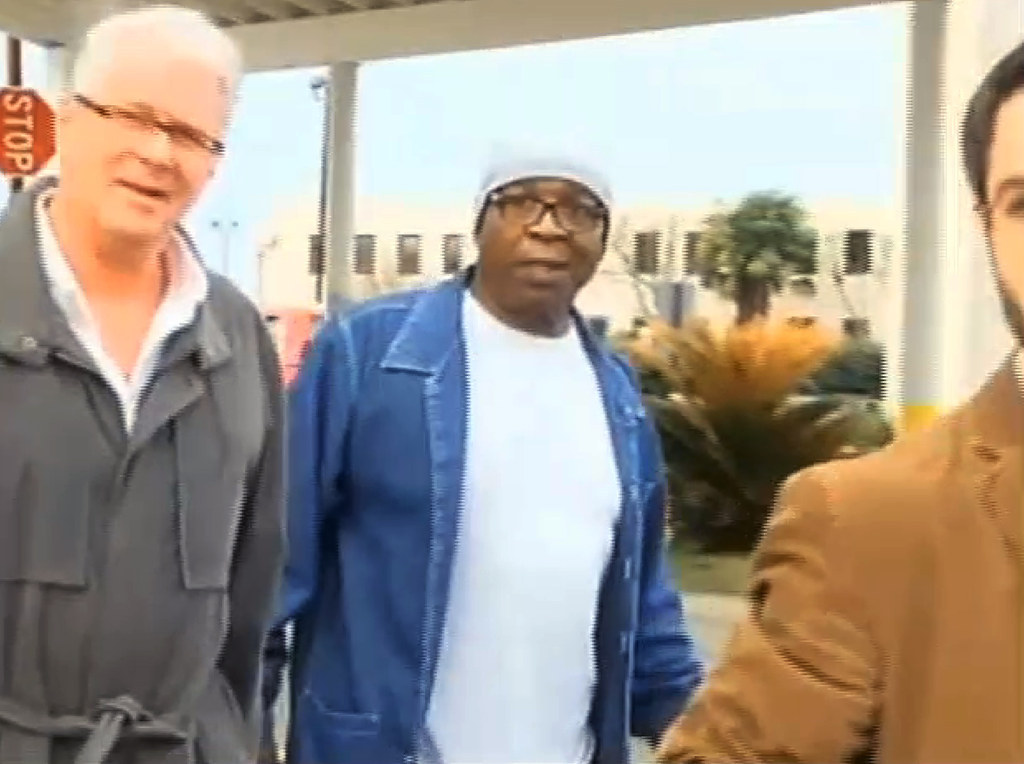

Thirty years after sending Glenn Ford to prison for a murder he did not commit, the lead prosecutor apologized "for all the misery I have caused him and his family."
In a letter to the Shreveport Times, attorney A.M. "Marty" Stroud III took responsibility for his role in the conviction of Ford for the 1983 murder of Shreveport jeweler Isadore Rozeman, and admitted that he was more interested in winning than in justice.
Ford, one of the country's longest-serving death row prisoners, walked free on Tuesday after the state said he had been wrongfully charged, convicted, and imprisoned for 30 years, highlighting the frequent flaws embedded in the country's judicial system.
For years, Ford's attorneys argued that he suffered from inefficient counsel during his trial and the racial bias of an all-white jury who sentenced him to death. The state's decision to free Ford was based on new information that implicated another man who had been originally charged in the case.
The state gave Ford a $20 debit card as he left Louisiana's notorious Angola prison, The Atlantic reported.
Stroud's letter was in response to a Shreveport Times editorial that criticized the state's decision not to compensate Ford for the time spent behind the bars because he cannot prove he is "factually innocent."
"Glenn Ford should be completely compensated to every extent possible because of the flaws of a system that effectively destroyed his life," Stroud said. "The audacity of the state's effort to deny Mr. Ford any compensation for the horrors he suffered in the name of Louisiana justice is appalling."
"In 1984, I was 33 years old. I was arrogant, judgmental, narcissistic, and very full of myself," Stroud said. "I was not as interested in justice as I was in winning."

Stroud said that at the time Ford was being tried there was evidence that could have cleared him, but he admitted he was "too passive" and that his "inaction contributed to the miscarriage of justice."
The attorney said he dismissed rumors that other parties could have been involved in the murder. "Had I been more inquisitive, perhaps the evidence would have come to light years ago," he said.
"My mind-set was wrong and blinded me to my purpose of seeking justice, rather than obtaining a conviction of a person who I believed to be guilty. I did not hide evidence, I simply did not seriously consider that sufficient information may have been out there that could have led to a different conclusion. And that omission is on me."
Stroud berated himself for not questioning Ford's appointed counsel, who had never tried a criminal jury case and were unprepared in trying to save their client's life. He also pointed out that while Ford was African-American, the jury was all white.
He admitted that the "dubious testimony" from a forensic pathologist about the shooter being left handed was "pure junk science at its evil worst."
From the letter:
How totally wrong was I.
I speak only for me and no one else.
I apologize to Glenn Ford for all the misery I have caused him and his family.
I apologize to the family of Mr. Rozeman for giving them the false hope of some closure.
I apologize to the members of the jury for not having all of the story that should have been disclosed to them.
I apologize to the court in not having been more diligent in my duty to ensure that proper disclosures of any exculpatory evidence had been provided to the defense.
"[The death penalty] is an abomination that continues to scar the fibers of this society and it will continue to do so until this barbaric penalty is outlawed," Stroud said.

Stroud expressed regret in celebrating Ford's death sentence.
"After the death verdict in the Ford trial, I went out with others and celebrated with a few rounds of drinks. That's sick. I had been entrusted with the duty to seek the death of a fellow human being, a very solemn task that certainly did not warrant any "celebration."
While insisting that Ford "deserves every penny owed to him" under Louisiana's compensation statute, Stroud said that the case was "another example of the arbitrariness of the death penalty."
"I now realize, all too painfully, that as a young 33-year-old prosecutor, I was not capable of making a decision that could have led to the killing of another human being," Stroud said, adding that as "fallible human beings" we are incapable of devising a system that could fairly and impartially impose the death sentence.
"The clear reality is that the death penalty is an anathema to any society that purports to call itself civilized. It is an abomination that continues to scar the fibers of this society and it will continue to do so until this barbaric penalty is outlawed. Until then, we will live in a land that condones state assisted revenge and that is not justice in any form or fashion."
